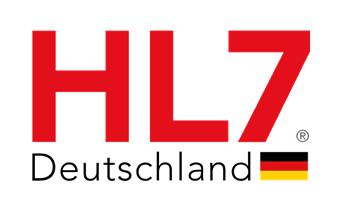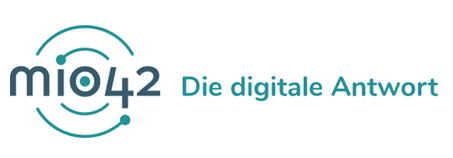Germany’s close collaboration on health informatics standardization has been established within
Spitzenverband IT-Standards im Gesundheitswesen (SITiG)
![]()
The SITiG is intended to represent the interests of all standardization organizations at the political level and act as a central contact for parliament and government as well as for self-governing organizations in order to jointly promote standardization in the area of information technology in the healthcare system.
The focus is on promoting and disseminating international IT standards between all healthcare providers and patients/citizens as well as cooperation among standardization organizations. Compliance with and promotion of processes that are used through consensus, transparency, balance and openness in the development of IT standards in the healthcare sector should be crucial.
SITiG has been founded by
HL7 Deutschland – German Affiliate Member of Health Level Seven International
IHE Deutschland – German National Deployment Committee of Integrating the Healthcare Enterprise International
An important contributor to this standards work is MIO 42
In collaboration with the National Association of Statutory Health Insurance Physicians (KBV), mio42 develops and specifies standards for the cross-system exchange of health and patient data. Our “medical information objects”, or MIOs for short, help all players in the healthcare system exchange, update and compare information more easily.
Gematik
Gematik plays a key role in the development and enforcement of standards – as mandated by law. As a national coordination point for interoperability in healthcare, it brings together the various actors from healthcare, science, industry, and research. As a neutral moderator, the coordination office channels the diverse interests and responsibilities and ensures shared results and binding determinations.
The leadership of the standards organisations serve as experts on the Interop Council for digital health in Germany. The Interop Council expert committee works in tandem with the gematik coordination office for interoperability. The seven-member committee combines many years of expertise, medical practical experience and diversity as a group. The members are appointed by the coordination office. In addition to building up a group of experts, her most important tasks include setting the necessary course for more binding and internationally recognized standards in the German healthcare system together with the coordination office, obtaining evaluations and reports, and advising institutions and stakeholders.
The InteropCouncil for digital health in Germany works like the JIC: https://www.ina.gematik.de/en/interoperability-governance/interop-council
![]()


![]()
